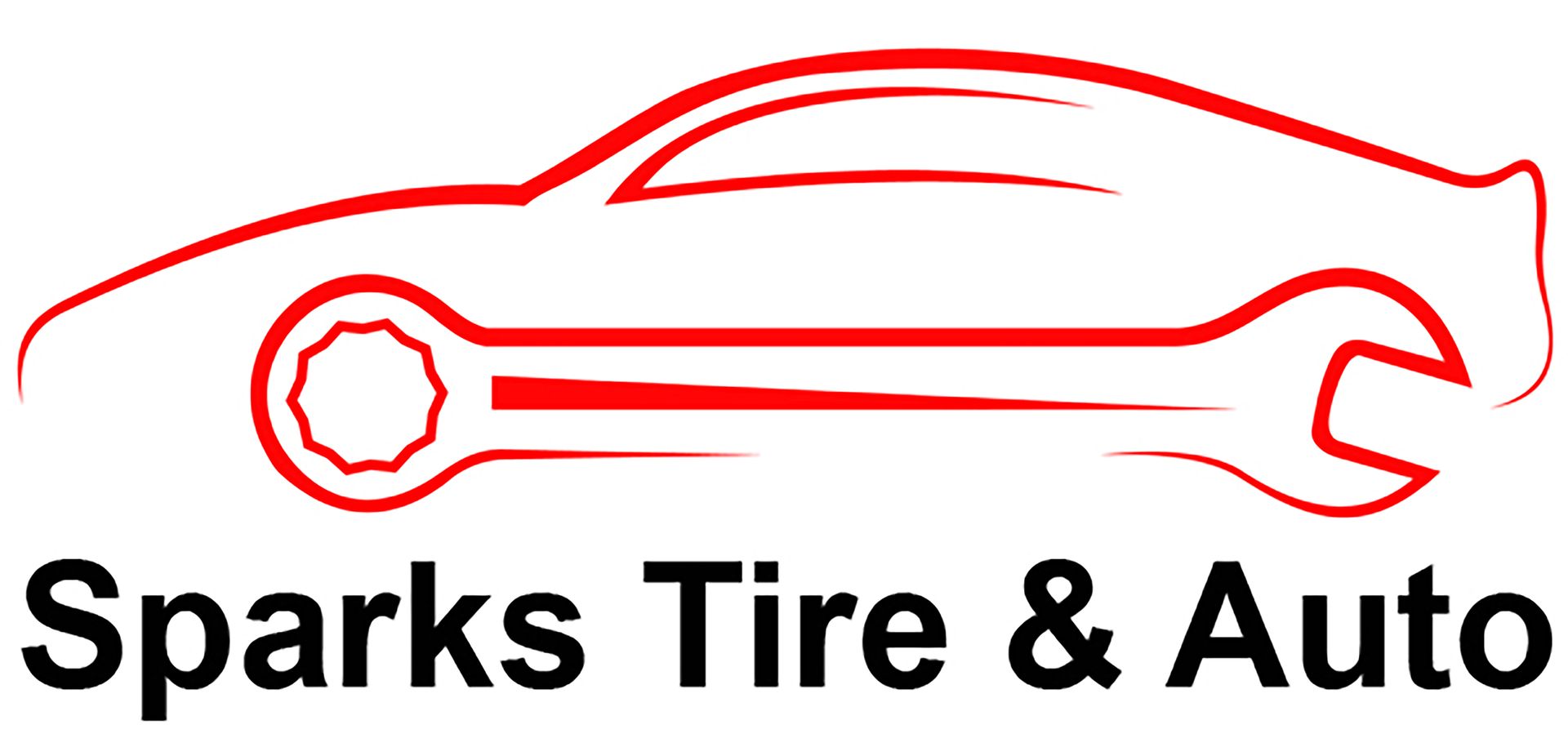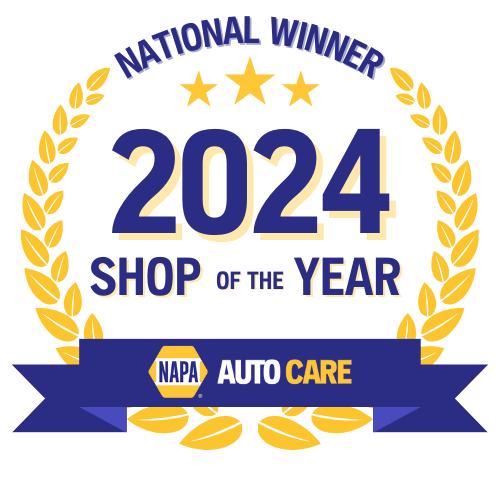Preventative Maintenance in St. Charles, MO
Avoiding performing recommended maintenance service can come with a hefty price tag. Here are four important steps you can take to protect your vehicle.
Change the Oil Regularly
First up is the simple oil change. Bottom line – if you change your oil on schedule, your engine will be properly protected. Go past the recommended mileage interval, typically every 3,000 to 5,000 miles depending on driving conditions, and sludge begins to build up in your engine. This sludge can clog small oil passages that keep important parts of the engine from being cooled and lubricated. That is never good for your engine. If your engine has variable valve timing, as most do nowadays, or a turbocharger, then these expensive components are at high risk for failure and expensive replacement. If you’re not sure how often you should change your vehicle’s oil, contact our Service Advisor at Sparks Tire & Auto for our recommendation.
Change Timing Belts and Chains Timely
Many vehicles come equipped with a timing belt. These belts wear out over time and must be replaced, along with the belt tensioner and other system components. If this belt breaks, you could end up with extensive engine damage that can cost thousands in repairs. Most manufacturers recommend changing the belt or chain every 60,000 to 100,00 miles, depending on the make, model and age of the vehicle. If you don’t know if your engine has a timing belt, as opposed to a timing chain, or when it should be replaced, ask us and we advise you of your vehicles recommended maintenance.
Clean Fuel Systems Regularly
More than half of all new vehicles sold have Gasoline Direct Injection (GDI) engines, which can be susceptible to extensive hard carbon buildup on the intake valves. Regular fuel system cleaning can keep the deposits in check, and improve fuel economy, performance, and emissions at the same time. Neglecting this important service for too long may require an engine teardown to media blast, or “sandblast,” the carbon deposits from the valves and cylinder head. And yep, that costs a lot.
Trust Your Check Engine Light
This last item may seem harmless, but it could have serious consequences: your vehicle’s Check Engine Light. Many of the troubles that can trigger a Check Engine Light are related to emissions. The light warns you when the engine is not running efficiently, due to unburned fuel and oil vapors accumulating in the exhaust system’s catalytic converter. When these accumulations get hot enough, they can burn up and damage the catalytic converter. The initial problem may be something as simple as a failed oxygen sensor or even an extremely dirty engine air filter. Ignoring that Check Engine Light could lead to some very expensive repairs.
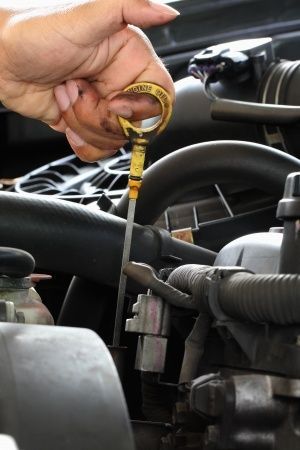
Set Up a Service Plan with Your Service Advisor at Sparks Tire & Auto in St. Charles, Mo.
Performing recommended maintenance can prevent costly repairs. Ask a Service Advisor at Sparks about your recommended maintenance schedule and set up a plan to get caught up on any services you may have missed.
Few things are more annoying than something happening that could have been easily prevented. Sound familiar? Here are three things that can happen to your vehicle that you can, and should, avoid.
Check Your Tires Regularly
First, let’s talk about your tires. Tire problems, like a flat tire, usually come with a lot of hassle or expense and rarely occur in convenient locations like near our St. Charles, Missouri service center. There is usually a hassle or cost involved with taking care of a flat tire and failing a safety inspection because of worn tires is a bother. Get in the habit of checking your tires every month. Make sure they have the proper air pressure and look for excess or unusual wear. Rotating your tires on schedule and a routine alignment check will extend tire life. Of course, you always want to replace your tires before they become worn to that point that they are unsafe.
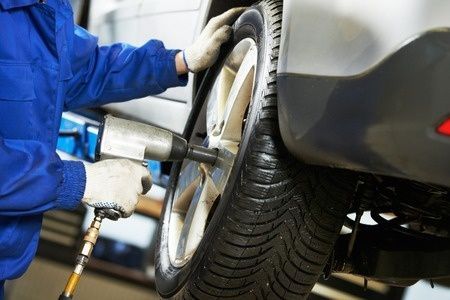
Check the Battery Every Three Years
Next up is your battery. Simply knowing how old it is can help you avoid being inconvenienced by a dead battery. Most batteries last about four years – after that, your battery is living on borrowed time. Many experts recommend that you replace your battery every five years as a routine maintenance item rather than waiting for it to fail. If you think your battery is older than three years, ask us to check it and gauge its health.
Deal with That Chipped Windshield
Finally, let's talk about those little rock chips in your windshield. When the chip is small, it can be repaired and stabilized. If left unattended, the little chip can start to crack. When the crack is in the driver’s line of sight, it could impair vision. Some cracks can lead to a ticket or a failed safety inspection. That inexpensive rock chip repair looks pretty good compared to the cost and hassle of replacing a windshield.
Preventive maintenance may seem like an unnecessary car expense, but it often involves matters that you'll have to take care of sooner or later, and paying for them sooner will often be a less expensive undertaking. Most important is the fact that preventive maintenance will help keep you and others safe. And if you don't keep up with your car's preventive maintenance, you may find yourself stuck or in need of repair when you can least afford it.
Fluids
Check all of your fluids regularly. You may need some assistance from a parent or mechanic to show you where to check if you are unfamiliar with the process. You should check your oil, antifreeze, steering fluid and brake fluid regularly. It's also a good idea to check your wiper fluid. It is of the utmost importance that your car not run out of oil, as this can destroy your engine. Your oil can get very dirty and should be changed about every 3-5,000 miles or three months. Antifreeze should not be allowed to get too low or your car engine will overheat, which can do severe damage. Antifreeze should be changed about once every two years.

Wheels
Check your tire pressure often--at least once a week is a good idea. Buy a simple tire gauge, then just stick it into your valve stem to get a reading. The amount of pressure that your tires should be inflated to can be found on the inside door jamb on the driver's side of your car. Low inflation is dangerous because it can cause loss of control and blowouts. It also causes poor gas mileage. You should also check the tire tread for uneven wear and to see if there is enough tread on the tires. Stick a penny in the tire tread, and if you can see all of Lincoln's head, it's time to get a new tire.

It's also important to have your brake pads changed regularly. Brake pads can last anywhere from 20,000 and 60,000 miles. You should also listen to see if you hear any screeching or grinding. These signs will let you know if there is a problem, but it makes sense to check often and get pads changed early rather than late.

Air Filter and Battery
Two other important areas to check are your air filter and your battery. Have our Technicians test your battery if it is over 3 years old. A battery will usually last about five years or more. Take a look to see if there is any corrosion around the battery or battery cables. If you think your battery is getting up there in age, just go ahead and replace it. Spending a little bit of money early is better than being stranded somewhere.
Your air filter is what keeps the air that runs through your engine clean. The filter can get very dirty, and replacing it will make your car run better. A dirty air filter can rob you of gas mileage.
There are a lot of pieces to a car, and everything should be kept in good order. Bring your car in to our service center and we will perform a vehicle inspection to ensure you are aware of any potential problems with your car or light truck. Always, pay attention to any dashboard trouble lights that come on and have them checked out right away.
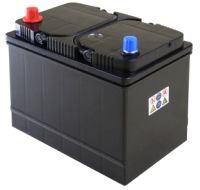
Cabin Air Filter
The cabin air filter is the filter responsible for filtering the air that is fed into your car or light truck's heating and air conditioning systems. The filter traps dust, pollen, and other foreign particles, preventing them from entering the vehicle and polluting the cabin. Since they work in essentially the same fashion as a regular engine air filter, cabin air filters get dirty and should be replaced when they become excessively contaminated, or at the regular service interval recommended by the manufacturer.
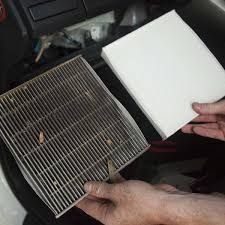
NAPA Service Assistant - Spark Plugs
Spark plugs provide the spark needed to burn gas in your engine. Both these and their wires wear out over time. Make sure that your service adviser helps you choose the appropriate spark plug for your vehicle based on your engine's needs and design. (Watch video on left, for more details)
